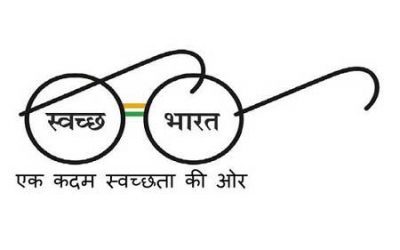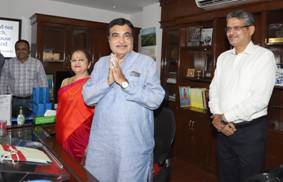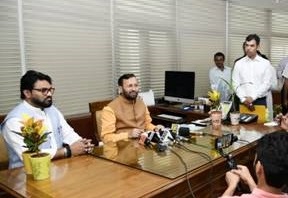Aiming to create a greener economy, the European Union has decided to reduce the consumption footprint in the region and double its circular material use rate in the coming decade. The initiative is part of the Circular Economy Action Plan adopted by the European Commission (EC) early last week.
Calling it Europe’s new agenda for sustainable growth, the action plan envisages steps for increasing the average life cycle of products, strengthening competitiveness while protecting the environment, and enacting new consumer rights.
Under the new initiative, the Commission aims to propose a legislation on Sustainable Product Policy to ensure that products sold in the EU market are designed to last longer, are easier to reuse, repair and recycle, and incorporate as much as possible recycled material instead of primary raw material.
The new legislation will also impose restrictions on single-use products and help tackle premature obsolescence by banning destruction of unsold durable goods.
Commenting on the initiative European Green Deal Executive Vice-President Frans Timmermans pointed out that the European economy at present was mostly linear, with only 12% of secondary materials and resources being brought back into the economy.
“To achieve climate-neutrality by 2050, to preserve our natural environment, and to strengthen our economic competitiveness, requires a fully circular economy. Today, many products break down too easily, cannot be reused, repaired or recycled, or are made for single use only. There is a huge potential to be exploited both for businesses and consumers. With the new plan we launch action to transform the way products are made and empower consumers to make sustainable choices for their own benefit and that of the environment,” he stated.
The Action Plan, which is part of EU’s Industrial Strategy, also aims to ensure that consumers have access to reliable information on issues such as the reparability and durability of products to help them make environmentally sustainable choices and provide them benefit of a true “Right to Repair.”
According to the FAQ shared on the EC website, the new Action Plan announces initiatives from design and manufacturing to consumption, repair, reuse, recycling, and bringing resources back into the economy, and is at the core of the European Green Deal, the EU roadmap towards climate-neutrality.
Commissioner for the Environment, Oceans and Fisheries Virginijus Sinkevičius said: “We only have one Planet Earth, and yet by 2050 we will be consuming as if we had three. The new Plan will make circularity the mainstream in our lives and speed up the green transition of our economy. We offer decisive action to change the top of the sustainability chain – product design. Future-oriented actions will create business and job opportunities, give new rights to European consumers, harness innovation and digitalization and, just like nature, make sure that nothing is wasted.”
“Half of total greenhouse gas emissions come from resource extraction and processing. It is not possible to achieve the climate-neutrality target by 2050 without transitioning to a fully circular economy,” the Commission stated, adding that by applying ambitious circular economy measures, Europe can increase EU’s GDP by an additional 0.5% by 2030 and create over 700,000 new jobs.














0 Comments